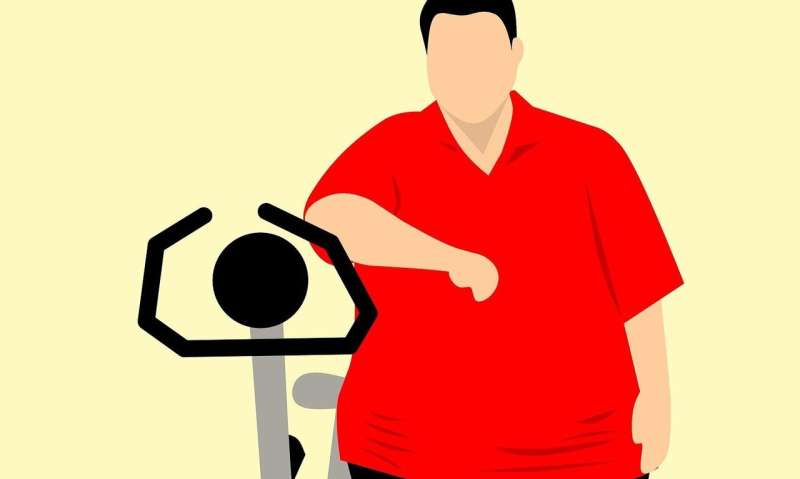

Although Americans spend billions on them, published research shows a lack of strong evidence that dietary supplements and alternative therapies help adults lose weight, according to a new study published in Obesity.
There are hundreds of weight-loss supplements like green tea extract, chitosan, guar gum and conjugated linoleic acid, and an estimated 34% of Americans who are trying to lose weight have used one.
For the study, researchers completed a comprehensive review of 315 existing clinical trials of weight loss supplements and therapies, and most of the studies showed the supplements did not produce weight loss among users.
“Our findings are important for clinicians, researchers, and industry alike as they suggest the need for rigorous evaluation of products for weight loss,” said corresponding author John Batsis, MD, associate professor in the Division of Geriatric Medicine at the University of North Carolina (UNC) School of Medicine, and in the Department of Nutrition at the UNC Gillings School of Global Public Health. “Only then can we produce data that allows clinicians to provide input and advice with a higher degree of certainty to our patients.”
The evaluation should also be collaborative as the supplement industry and academics work together to design high-quality clinical trials of weight loss supplements, Batsis added.
The paper’s authors explain that patients often struggle to lose or maintain weight either because of a lack of efficacy of existing Federal Drug Administration (FDA)-approved therapies or a lack of access to healthcare professionals who provide treatments for obesity.
Even though the National Institutes of Health’s Office of Dietary Supplements has advanced the science of dietary supplements by evaluating information, and stimulating and supporting research, members of TOS decided it was important to evaluate and perform a qualitative synthesis of non-FDA therapies to provide scientific evidence to guide its membership.
Researchers conducted a systematic literature review using the Preferred Reporting Items for Systematic Reviews and Meta-Analyses guidelines to evaluate the efficacy of dietary supplements and alternative therapies for weight loss in participants aged 18 and older. Searches of Medline (Pubmed), Cochrane Library, Web of Science, CINAHL and Embase (Ovid) were performed.
Researchers focused on 315 peer-reviewed randomized-controlled trials and analyzed them for risk of bias. Results classified 52 studies as low risk of bias and sufficient to support efficacy. Of these, 16 studies demonstrated significant pre/post intergroup differences in weight compared with placebos. In these methodologically distinct studies, the weight loss ranged widely from 0.3 to 4.93 kg.
Source: Read Full Article